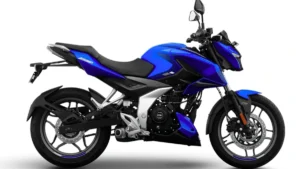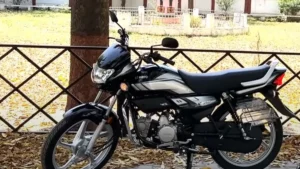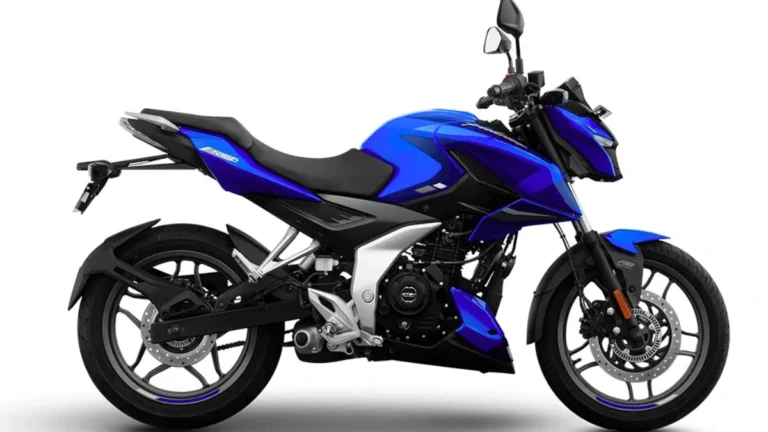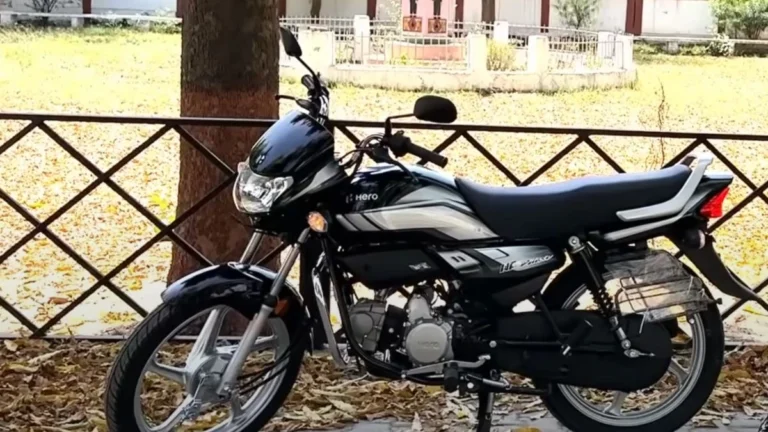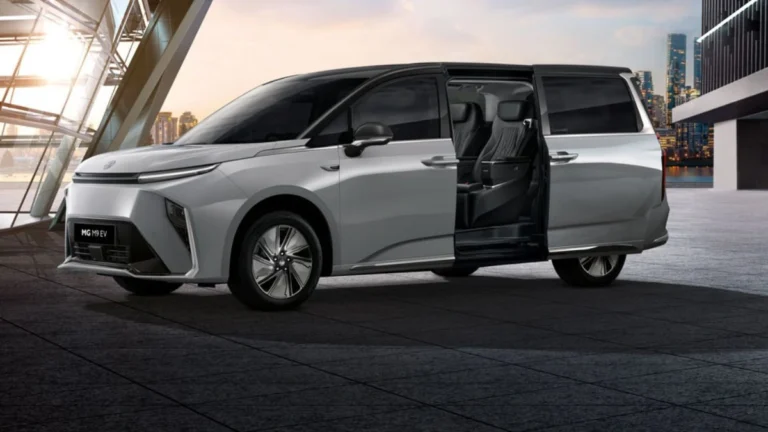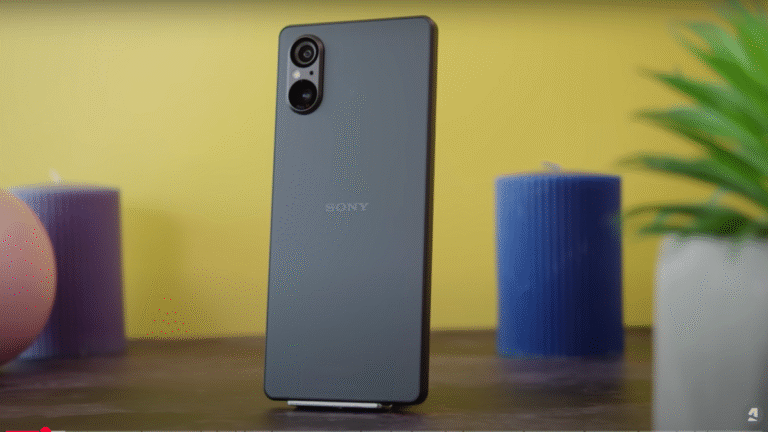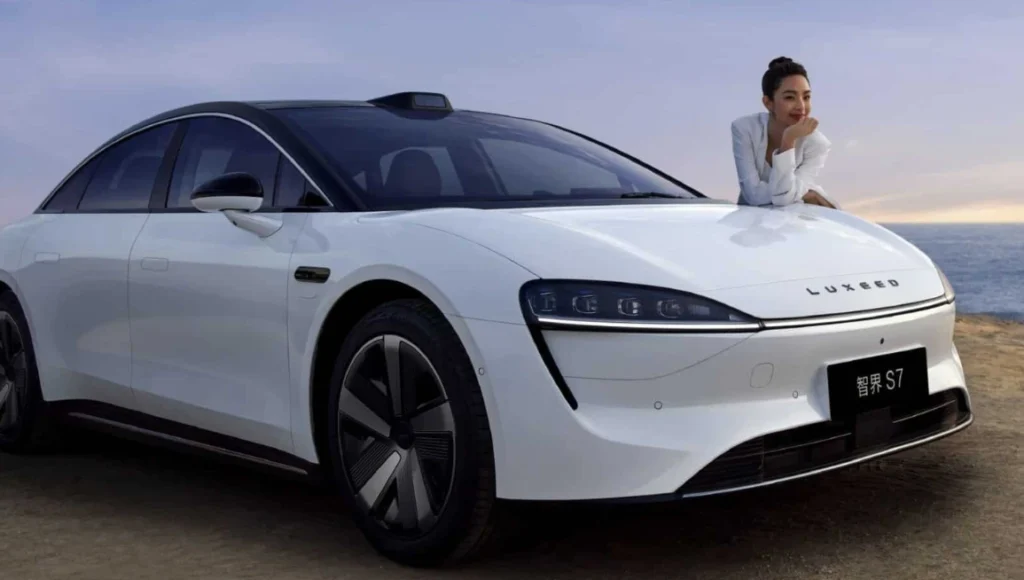
Huawei Luxeed: The Chinese tech company Huawei is best known for its smartphones and telecom equipment, but now it’s making news in the electric vehicle space. A patent that was just filed shows that the company is working on a next-generation solid-state EV battery that could give a car a range of more than 3,000 km on a single charge and charge fully in just five minutes. The new battery, which uses a nitrogen-doped sulfide electrolyte, promises a huge increase in energy density—400–500 Wh/kg, which is almost double or triple what today’s lithium-ion batteries offer. These numbers sound amazing, but the bigger question is whether Huawei can turn this lab-based idea into a real-world solution.
A Battery That Rewrites the Rules of EV Performance
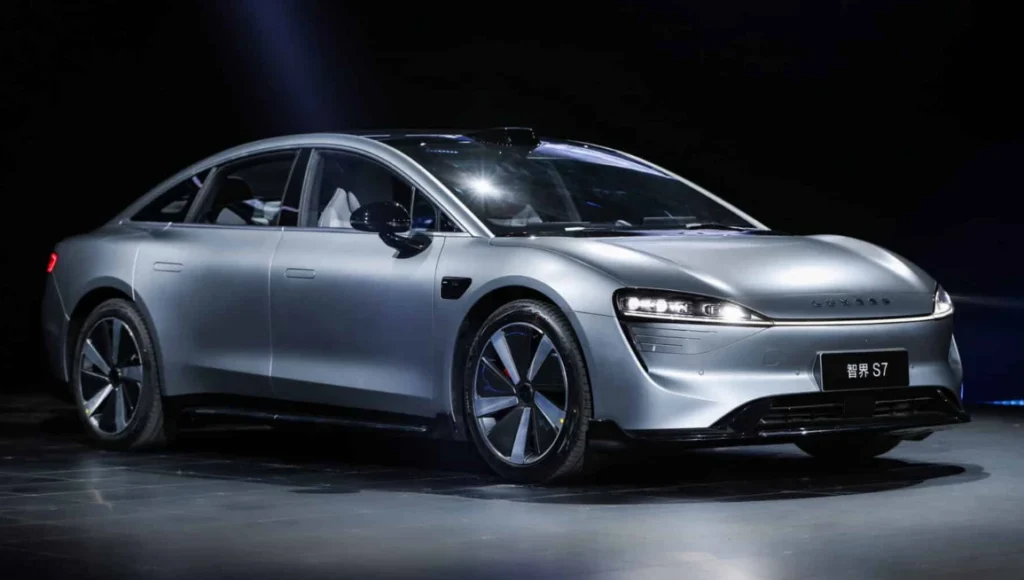
Solid-state chemistry with high energy efficiency is at the heart of Huawei’s new battery. This capability is something that many electric vehicle makers are hoping to achieve. The nitrogen-doped sulfide electrolyte in this battery is what makes it special. It lets ions move very quickly, which means that it can charge from 0 to 100% in just five minutes. The battery also promises a CLTC-rated range of over 3,000 km. Even when adjusted to global EPA standards, the system is still more than 2,000 km—miles ahead of any other EV on the road today. These improvements could get rid of the biggest worries of range anxiety and long recharges for people who drive to work every day and people who travel long distances. It sounds like a fantastic combination on paper: super speed and super stamina.
Too Good to Be True? The Reality Check
The patent shows a bright future, but experts in the field are pointing out the many problems that need to be solved before this battery can be sold. First of all, the cost of using sulfide electrolytes is very high—about $1,400 per kWh, or about ₹1.2 lakh, which makes it impossible to make a lot of them in the near future. Also, charging speeds this fast would require a complete redesign of the current EV charging infrastructure, which isn’t ready for that much power yet. Safety is another concern. Despite the general consensus that solid-state batteries are safer than lithium-ion batteries, maintaining their stability at high charge speeds remains a technical challenge.
Huawei’s Silent Entry Into the Battery Wars
Huawei hasn’t made any EV batteries yet, but their recent investments in battery research and materials science show that they are very interested. In the last few years, the company has put more effort into building its smart car ecosystem, which includes everything from software for self-driving cars to platforms for connected vehicles. Companies like Toyota, CATL, and Samsung SDI are planning to start selling solid-state batteries for commercial use between 2027 and 2030. Huawei’s sudden patent move could be a way to speed up their electric vehicle plans. It is still unclear if Huawei will sell this technology to other car companies or make EV batteries in-house, but their arrival has definitely changed the timeline.
A New Dawn for EVs or Just Another Lab Fantasy?
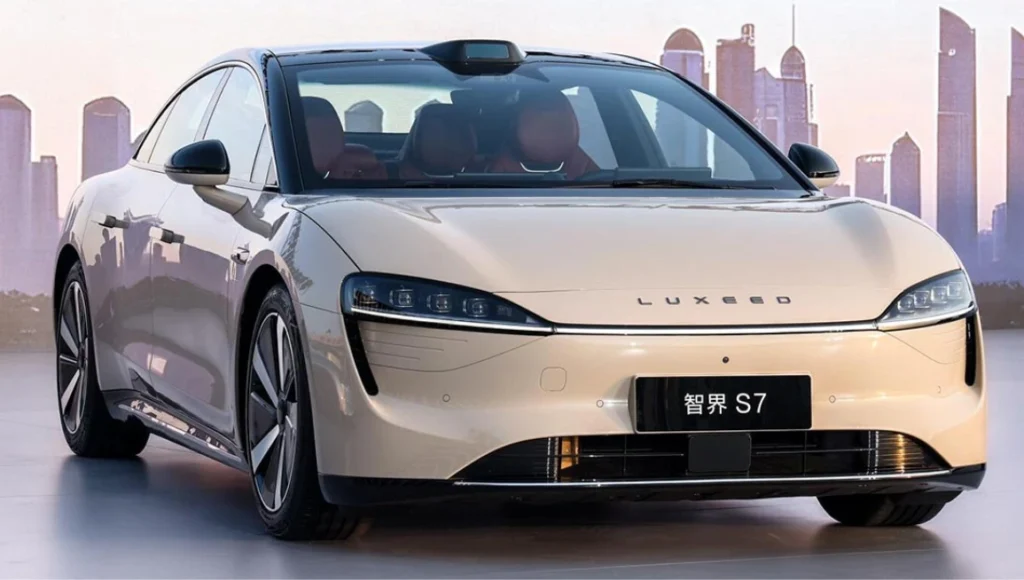
If Huawei can make money off of this technology, it could change the electric vehicle industry completely. Not only would it eliminate range anxiety, but it would also make charging as effortless as visiting a typical gas station. But it can take years for lab-tested breakthroughs to reach the market, especially when you have to deal with production costs, safety rules, and global supply chains. The buzz around Huawei’s patent shows how badly battery technology needs to change, and even if this solution doesn’t come out right away, it gives us an idea of what the future might look like. The race for electric vehicles is heating up quickly, and Huawei may have just given the competition a boost of high voltage.
Disclaimer: This article is for informational purposes only. All technical specifications and claims mentioned are based on Huawei’s patent filings and may not reflect real-world performance. Readers are advised to follow official channels for verified updates.

